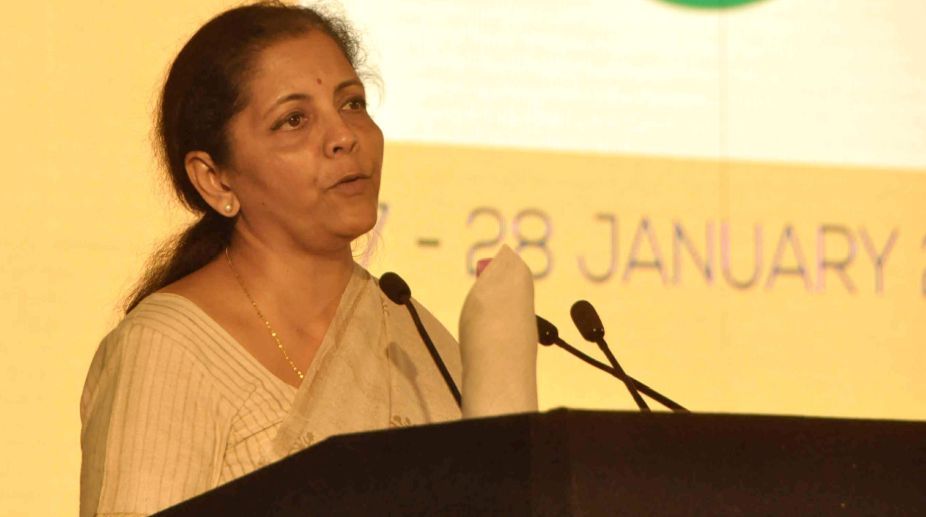A simple gesture can sometimes open a window that allows a soothing breeze to blow across a testy situation. The defence minister Nirmala Sitharaman’s explaining the niceties of namaste to Chinese troops at Nathu La has triggered an unexpected wave of goodwill that extends from that border outpost in the high Himalaya to Beijing.
And serves as possibly the first sign of a “de-frost” in relations that have been under severe strain at Doklam, the Tsang Po lake and other points along the disputed Line of Actual Control. The minister is still on her “familisarisation” tours, but at Nathu La she “scored” more than on her visits to military installations, series of meetings, and when addressing Commanders’ Conferences.
Advertisement
At a point in time when cordiality is often misconstrued as cowardice, and a degree of competitive bellicosity has marked the utterances of the political and military leadership, Mrs Sitharaman has injected a welcome element of the genteel into the equation. The Chinese media has spoken of a “warm-hearted scene”, and the Global Times went as far as saying her greeting the soldiers “conveys her hopes for peace on the Sino-Indian border and unwillingness to see a new stand-off ”.
One expert analyst observed that “the greeting sends a goodwill signal towards mending bilateral ties and putting relations back on track toward normality”. A very significant change from the rhetoric that had “gone ballistic” during the 73-day impasse at Doklam.
True that what took place at the “recognised” border with Sikkim need not be replicated elsewhere on the LAC, still, Sitharaman has re-written the narrative a little, for which much appreciation is due. It would be unfair to the minister and the defence establishment to suggest any “going soft”. The ground realities are not being ignored, military preparedness is being backed up by overdue efforts to upgrade roads, bridges and other infrastructure in “frontier” areas.
The home minister has unveiled a project to make the people living along the border develop a higher stake in the security exercise. All that must continue, a few positive messages from Beijing cannot be permitted to dilute the effort and the proverbial “keep the powder dry” must remain the top priority. Yet “security” is not a matter of military might alone, less tense relations with the “opposite number” can never be undervalued.
The hawks may sound dire warnings, surely India’s defence and diplomatic capabilities are not so inept to be “taken in” as they were during the Hindi-Chini bhai bhai days prior to the winter of 1962. A few games of “ping pong” (table tennis) helped Beijing and Washington DC normalise ties.
It is too early to assume that a graceful namaste will have a similar effect, yet for the present it must be recorded that “Ambassador Nirmala” has presented her credentials.









